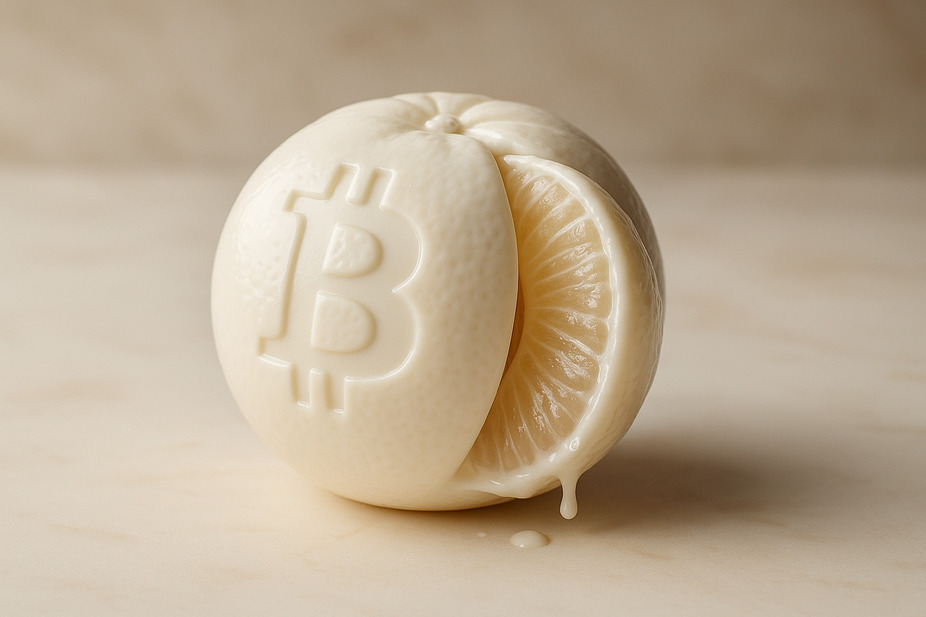French regulators are checking crypto firms (including Binance) for money laundering

It looks like France is getting serious about cracking down on money laundering in the crypto world. They’re ramping up their checks on crypto exchanges to figure out which ones are good enough to get those coveted EU-wide operating permits.
The French financial watchdog, ACPR (that’s the prudential supervision and resolution authority), is currently putting dozens of exchanges through their paces. Companies like Binance and Coinhouse are reportedly among those under scrutiny, as the ACPR verifies they’re actually following all the rules they signed up for when they registered.
These inspections are all about making sure these companies have solid defenses against money laundering and terrorist financing. If an exchange doesn’t address the ACPR’s findings, they could face penalties or even jeopardize their chances of getting a MiCA agreement from France, which is essentially their ticket to operating across the entire European Union.
This whole process quietly began late last year, and people familiar with the matter say it’s all confidential. Apparently, as part of these checks, the regulator told Binance, the world’s biggest crypto trading platform, to beef up its risk controls last year. Binance simply commented that “Periodic onsite inspections are a standard part of the supervision of regulated entities.” Both the ACPR and Coinhouse kept mum.
France’s heightened scrutiny comes at a time when there’s growing friction within the EU over how to handle crypto regulation. It’s been nearly ten months since the bloc’s wide-ranging crypto rules fully kicked in, and last month, France, Austria, and Italy actually urged the EU’s chief markets watchdog to directly supervise major crypto companies and tighten the rules, pointing out inconsistencies in how regulations are being applied.
So, these inspections are really about confirming that companies are playing by the rules of their PSAN (provider of digital asset services) registration, especially when it comes to anti-money laundering and counter-terrorist financing measures. For example, Binance was reportedly asked to strengthen its compliance and risk controls last year, which could mean hiring more staff for those departments or making their IT systems more secure. Typically, the ACPR gives companies several months to fix things after an inspection.
The information gathered by the ACPR is then shared with France’s financial markets regulator. If a company doesn’t respond to the ACPR’s feedback, they could face sanctions or lose their shot at that all-important MiCA license, which would allow them to offer services across the entire EU.
In France, companies have until the end of June 2026 to secure this MiCA agreement. So far, only a handful of players have managed to get it, including fintech firm Deblock, crypto company GOin, the French Bitcoin savings app Bitstack, and CACEIS, which is owned by banking giant Credit Agricole. The AMF (the French markets regulator) also declined to comment.












